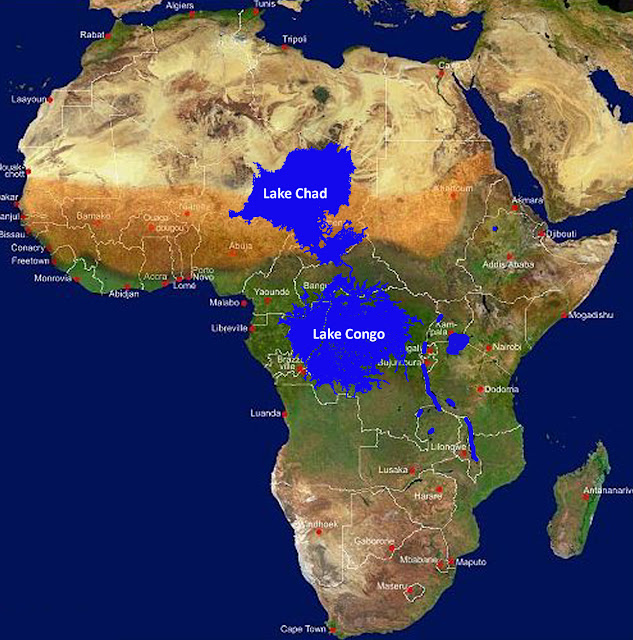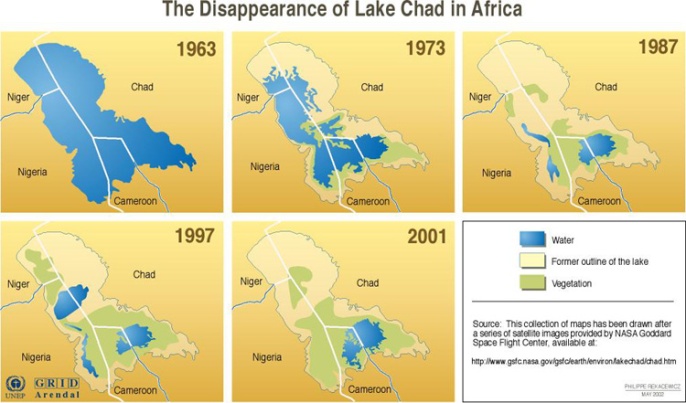Past Climate Change Was Caused by the Ocean...
Ran across this this morning, thought it might provoke a few thoughts...
Past Climate Change Was Caused by the Ocean, Not Just the Atmosphere
Now I'm sure because I tried to limit the length of the title someone will think I'm a denier, which is certainly not the case. I think this article just adds a bit more information to the discussion of a very complex issue.
I haven't had a chance to dig into it in depth yet. Just thought it might be food for thought here.
Past Climate Change Was Caused by the Ocean, Not Just the Atmosphere
In their study, the researchers say the major cooling of Earth and continental ice build-up in the Northern Hemisphere 2.7 million years ago coincided with a shift in the circulation of the ocean – which pulls in heat and carbon dioxide in the Atlantic and moves them through the deep ocean from north to south until it’s released in the Pacific.
The ocean conveyor system, Rutgers scientists believe, changed at the same time as a major expansion in the volume of the glaciers in the northern hemisphere as well as a substantial fall in sea levels. It was the Antarctic ice, they argue, that cut off heat exchange at the ocean's surface and forced it into deep water. They believe this caused global climate change at that time, not carbon dioxide in the atmosphere.
Now I'm sure because I tried to limit the length of the title someone will think I'm a denier, which is certainly not the case. I think this article just adds a bit more information to the discussion of a very complex issue.
I haven't had a chance to dig into it in depth yet. Just thought it might be food for thought here.


 ).
).